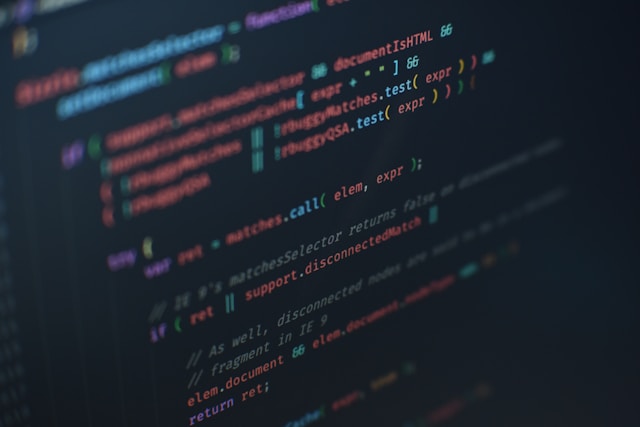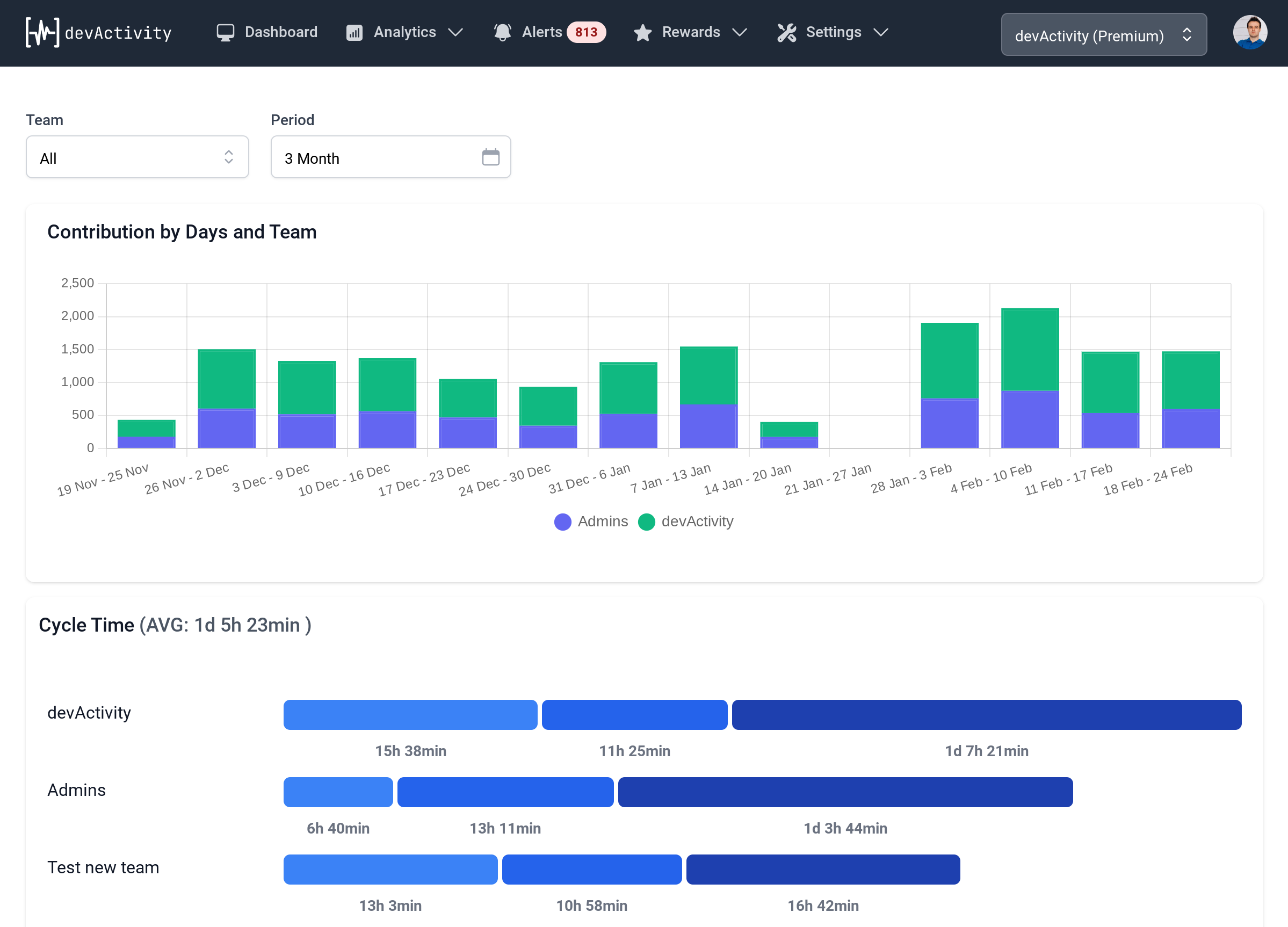Agile Development Retrospective: A Guide for High-Performing Teams

Agile development has revolutionized the way software is built. Teams work in short iterations, focusing on rapid delivery and continuous improvement. A critical element in this process is the 'agile development retrospective' - a dedicated time for reflection and learning.
Think of it as a post-game huddle in the world of software development. You've just wrapped up a sprint, a period of focused work. Now, it's time to gather the team, celebrate wins, analyze challenges, and chart a course for future success. The retrospective, done right, can be the catalyst for a truly agile and high-performing team.
Why Agile Development Retrospectives Are Crucial
Sure, it's tempting to skip the retrospective. We're all busy, right? But consider the benefits:
- Enhanced team communication: Everyone gets a chance to speak up. It's a safe space for everyone to voice concerns and celebrate accomplishments.
- Improved process optimization: Identify bottlenecks and inefficiencies in your workflow. Retrospectives provide the data you need to make smart changes.
- Increased team morale: Recognizing accomplishments and acknowledging challenges fosters a sense of shared ownership and collective responsibility.
- Accelerated learning: Identify what worked and what didn't. Leverage this learning to constantly iterate and improve your processes.
The Importance of Data in Agile Development Retrospectives
Retrospectives are more effective when they are data-driven. Think of it this way: Imagine trying to improve your golf swing without knowing what your scorecard looks like. Not very effective, right? The same principle applies to software development.
You need metrics to truly understand your team's performance. How many sprints are completed on time? What's the average cycle time for pull requests? How many bugs are identified in each sprint? This is where tools like devActivity come in.
devActivity: Your Agile Development Retrospective Powerhouse
devActivity is an AI-powered GitHub contributions analytics app. It integrates seamlessly with your existing GitHub workflow, collecting essential data you need for insightful retrospectives.
Here's how devActivity can help you:
- Collects and analyzes data: Automatically tracks contributions, cycle times, code quality, and other key metrics.
- Provides actionable insights: Offers AI-driven recommendations to help you optimize your processes and improve team performance.
- Generates Retrospective Insights reports: Provides a detailed overview of your team's performance, including key trends, bottlenecks, and areas for improvement.
- Simplifies data visualization: Offers a beautiful and intuitive dashboard to make sense of your team's activity and track progress over time.
- Facilitates open communication: Provides a shared platform for the team to discuss retrospective findings and collaboratively identify areas for improvement.
- Gamifies your workflow: Encourages team participation and motivation through XP, levels, and challenges.
Agile Development Retrospective Best Practices
Ready to leverage the power of retrospectives? Here are some tried-and-true best practices:
- Set clear objectives: What are you hoping to accomplish during the retrospective?
- Create a safe space: Make sure everyone feels comfortable sharing their thoughts and ideas without fear of judgment.
- Focus on solutions: Don't dwell on blame. Instead, focus on finding constructive ways to improve processes.
- Use a structured format: There are several popular retrospective frameworks available. Consider frameworks such as the '4 Ls' (Learned, Liked, Lacked, Longed for) or the 'Start, Stop, Continue' model.
- Record actionable items: Document key takeaways and agree on specific actions to improve processes or address challenges.
- Follow-up regularly: Ensure that the team is taking action on the identified items.
Agile Development Retrospective Examples
Need some inspiration? Here are a few common retrospective discussion topics:
- Communication: Are we effectively communicating with each other? What communication channels are we using? Are there areas where we can improve?
- Workflow: Are there any bottlenecks in our workflow? Are there any processes we can streamline?
- Code quality: How is our code quality? Are we effectively using code reviews and automated testing?
- Team dynamics: How are we working together? Are there any conflicts or areas where we can improve team collaboration?
- Sprint planning: How effective is our sprint planning process? Are we setting realistic goals and allocating resources effectively?

